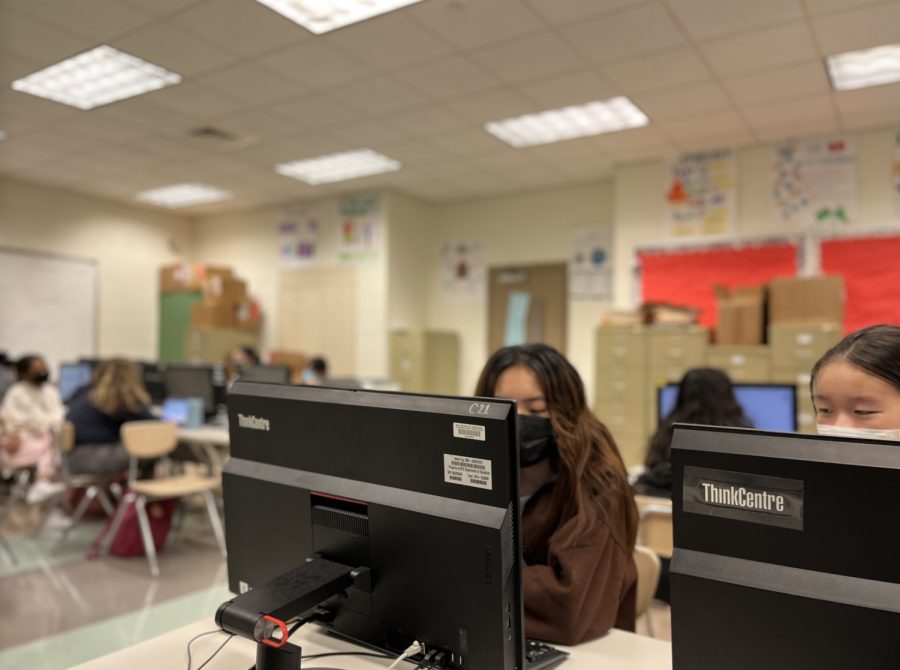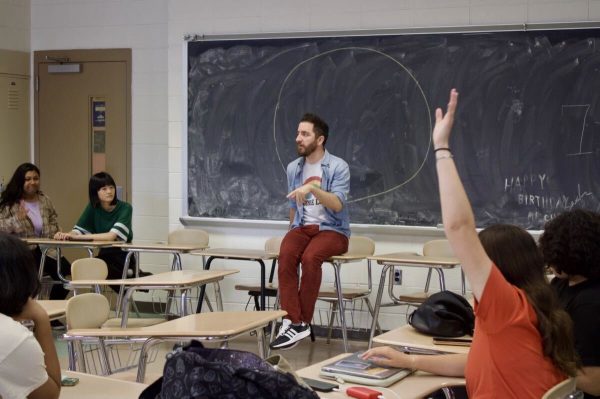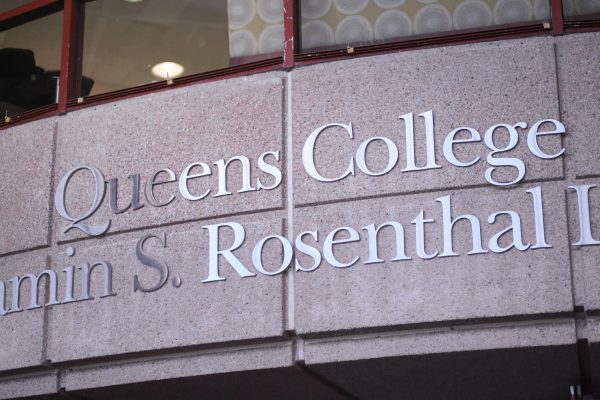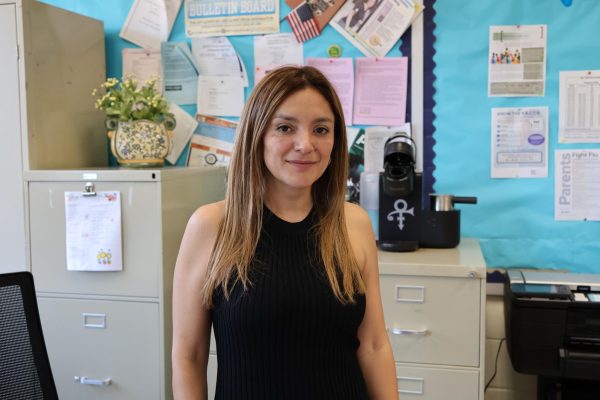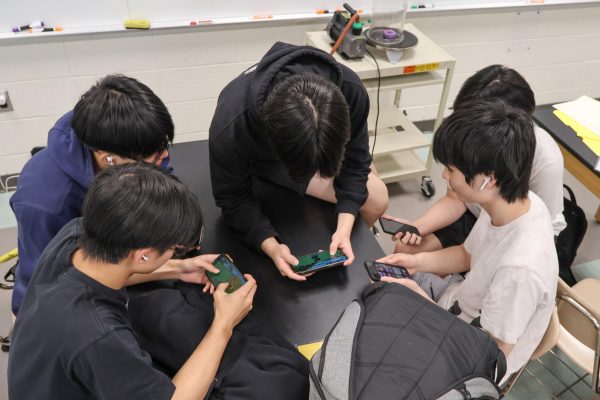With teachers opting not to use the new DOE grading software, many students left in the dark about their current progress in courses
Students express their feelings towards new grade books that teachers use.

Last year, the New York City Department of Education banned city schools from using PupilPath, the gradebook software that Townsend Harris and many other public schools have been using for all classes. In September, the DOE introduced their own online gradebook in lieu of PupilPath and other banned softwares, but teachers reported that it was flawed and difficult to use. In previous years, PupilPath offered students and families constant access to their overall averages, assignment grades, and more for each class. As THHS approaches distribution of second marking period report cards, which are the first of the year to report numerical averages for freshmen, sophomores, and juniors, six students who spoke to The Classic said they find themselves frustrated by the lack of knowledge about their current academic progress.
“I prefer to know what my grade is in order to know if I should ask for extra help in a certain class,” said junior Brynna Quigley. Three other students similarly said that they felt unsure of their classroom averages and wished that the school could return to using PupilPath.
With few teachers opting to use the DOE gradebook, students have various alternative ways of seeing their grades. Some teachers post grades to Google Classroom; however, students said that while Google Classroom shows them their grades on individual assignments, it does not always provide a clear indication of what their overall averages are for their courses.
Other teachers have chosen to purchase third-party software on their own, which allows them to share student grades and averages. Many teachers now use Jupiter Grades and provide students with individual passwords to access their information.
Senior Kristen Song said that without PupilPath, she finds that confusion is more likely to arise between students and teachers in regards to communication over grades and assignments. Her Humanities Seminar class uses Jupiter Grades, she said, but otherwise, her teachers mainly return graded assignments to Google Classroom.
“[The school] should purchase a third party site to track grades because I don’t think we can live off Google Classroom forever,” she said.
Physics teacher David Stern told The Classic that he believes Google Classroom does offer a viable alternative to the DOE gradebook. He said that he appreciates being able to give assignments different point values, as opposed to the DOE system, which required all assignments to be worth the same amount of points.
“I enjoy using Google Classroom a lot,” he said. “I find that it integrates really well with being able to give assignments and feedback while returning grades all in the same place.”
Without a consistent system being used across classes, however, students reported varying experiences and a general sense of dissatisfaction. Some students in classes that use Jupiter Grades found themselves checking it less frequently because only certain classes used it, while others said they felt generally in the dark due to their teachers not having any clear system for reporting academic results.
Despite the apparent drawbacks, Kristen said she found at least one bright side to the situation: “I guess it’s a good thing that I don’t really see my grades too much because sometimes looking at them all the time can become obsessive, unhealthy, and emotionally draining,” she concluded.
Your donation will support the student journalists of The Classic. Your contribution will allow us to purchase equipment, support our extracurricular events, celebrate our staff, print the paper periodically, and cover our annual website hosting costs.



























